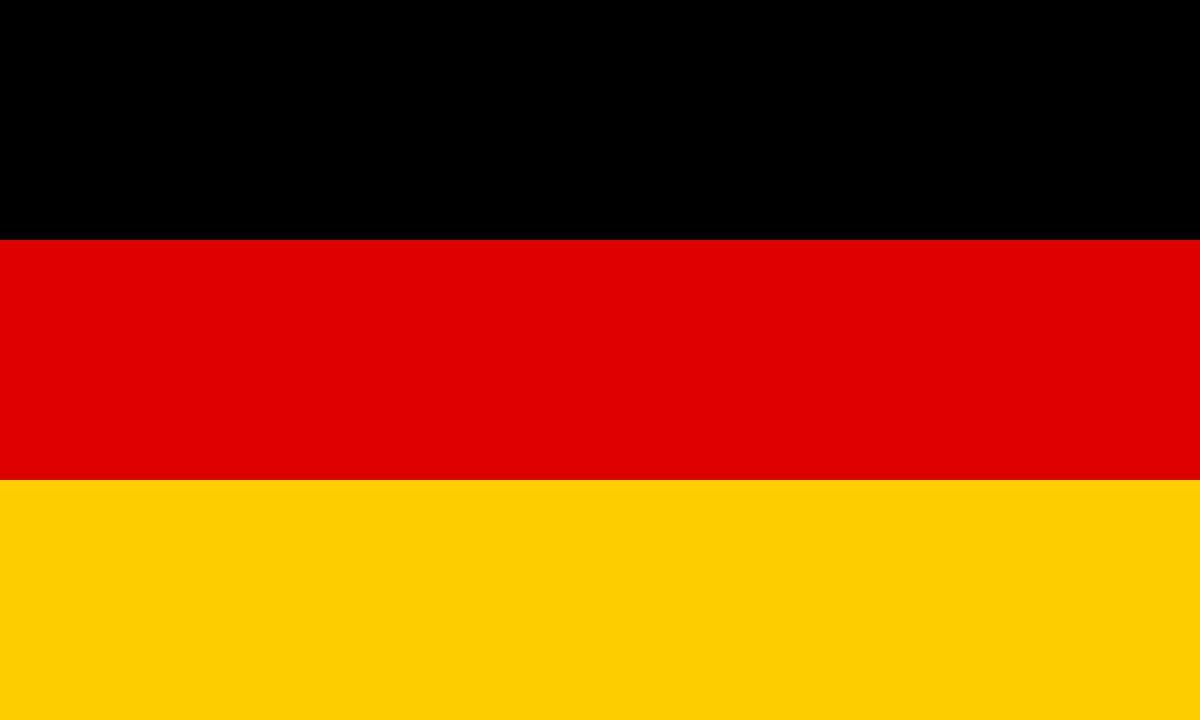African Mangoes, scientifically known as Irvingia gabonensis, have been making waves in the global market due to their numerous health benefits. This tropical fruit, native to West Africa, is not just a delicious treat but also a powerhouse of nutrients, offering a range of health benefits from weight management to heart health. We'll explore the current market trends, highlighting the factors driving its popularity and the potential future of this burgeoning market.
Rising Demand for African Mangoes
The global market for African Mangoes has been witnessing a significant surge in recent years. This can be attributed to the growing awareness of the fruit's health benefits, including its potential anti-diabetic effects, antioxidant properties, and its role in weight management. The increasing consumer preference for natural and organic products has also contributed to the rising demand for African Mangoes.
Impact of Health and Wellness Trend
The ongoing health and wellness trend worldwide has played a crucial role in propelling the market for African Mangoes. As consumers become more health-conscious, the demand for nutrient-rich fruits like African Mangoes has skyrocketed. The fruit's potential to aid in weight loss and its antioxidant properties have particularly resonated with health-conscious consumers, further driving its market growth.
Role of Scientific Research
Scientific research highlighting the health benefits of African Mangoes has also played a significant role in boosting its market. Studies suggesting the fruit's potential anti-cancer properties and its positive influence on heart health have garnered significant media attention, further increasing consumer interest in African Mangoes.
Future Market Trends
Looking ahead, the market for African Mangoes is expected to continue its upward trajectory. The ongoing research into the fruit's health benefits and the growing trend of natural and organic products are likely to continue driving its market. Moreover, as more consumers become aware of the benefits of African Mangoes, its market is expected to expand further, making it a promising area for investment.
Top 10 Importers of African Mangoes
| Rank | Country | Import Share (2019) |
|---|---|---|
| 1 |
 Netherlands Netherlands
|
37% |
| 2 |
|
45% |
| 3 |
 Germany Germany
|
10% |
| 4 |
 France France
|
8% |
| 5 |
|
7% |
| 6 |
 United States United States
|
6% |
| 7 |
|
5% |
| 8 |
|
4% |
| 9 |
|
3% |
| 10 |
|
2% |
Netherlands
The Netherlands is the largest importer of African mangoes, accounting for 37% of all imports in 2019. The country's proximity to Africa and its well-developed infrastructure make it an ideal destination for African mangoes.
United Kingdom
The United Kingdom is the second-largest importer of African mangoes, accounting for 45% of all imports in 2019. The UK's strong demand for fresh produce and its large population make it a major market for African mangoes.
Germany
Germany is the third-largest importer of African mangoes, accounting for 10% of all imports in 2019. Germany's large population and its increasing demand for healthy foods make it a growing market for African mangoes.
France
France is the fourth-largest importer of African mangoes, accounting for 8% of all imports in 2019. France's large population and its long history of importing fresh produce make it a major market for African mangoes.
Spain
Spain is the fifth-largest importer of African mangoes, accounting for 7% of all imports in 2019. Spain's warm climate and its long history of growing and exporting fruits make it a natural destination for African mangoes.
United States
The United States is the sixth-largest importer of African mangoes, accounting for 6% of all imports in 2019. The US's large population and its increasing demand for exotic fruits make it a growing market for African mangoes.
Belgium
Belgium is the seventh-largest importer of African mangoes, accounting for 5% of all imports in 2019. Belgium's proximity to the Netherlands and its strong demand for fresh produce make it a major market for African mangoes.
Italy
Italy is the eighth-largest importer of African mangoes, accounting for 4% of all imports in 2019. Italy's long history of importing fresh produce and its large population make it a major market for African mangoes.
Switzerland
Switzerland is the ninth-largest importer of African mangoes, accounting for 3% of all imports in 2019. Switzerland's high disposable income and its increasing demand for healthy foods make it a growing market for African mangoes.
Sweden
Sweden is the tenth-largest importer of African mangoes, accounting for 2% of all imports in 2019. Sweden's high disposable income and its increasing demand for exotic fruits make it a growing market for African mangoes.
These are just the top 10 importers of African mangoes. There are many other countries that import African mangoes, including Canada, Russia, and China. The demand for African mangoes is growing worldwide, and this trend is expected to continue in the years to come.
